This year’s CBA transfer market is even more exciting than the NBA’s.
This year’s NBA offseason appeared somewhat ordinary, as the major trades were completed in February, making the rest of the period feel quite uneventful. In contrast, our CBA transfer market has been even more exciting than the NBA’s this year.
In past years, the news of Jiang Yuxing signing with Liaoning would have been explosive, but this year it barely made a ripple. In the days before the deadline, sensational news kept emerging one after another.
The trade between Xinjiang and Beijing sent Zhao Rui to Shougang; Zhang Zhenlin was traded from Liaoning to Shanghai, fulfilling his wish to move south; and a three-way deal among Guangdong, Beikong, and Guangzhou sent Chen Guohao to Guangzhou, while Guangdong acquired Cui Yongxi and Jiao Boqiao.
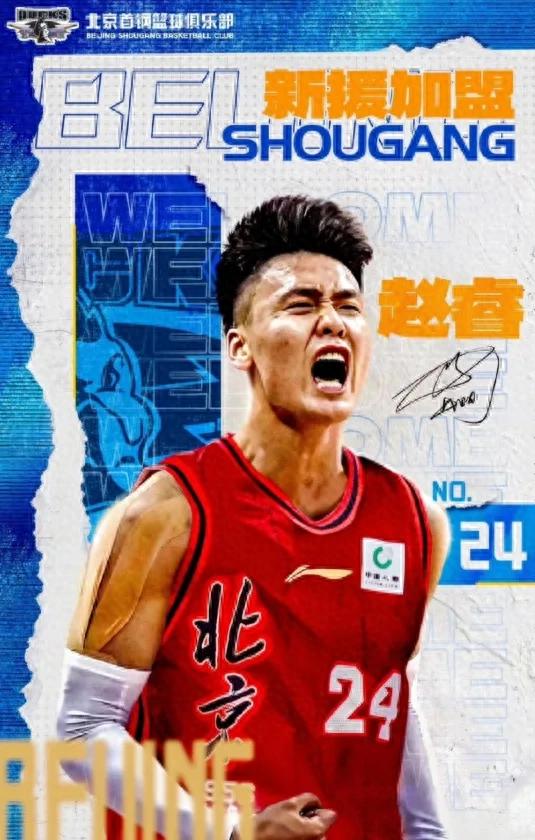
Any of these three trades alone would be considered seismic events in any CBA transfer market year, and all three rumors surfaced within 24 hours before gradually taking shape, making people feel that this year’s CBA transfer market really has the vibe of the NBA.
Regarding Zhao Rui’s move to Beijing, the first thing that came to mind was after the narrow defeat in the Asia Cup final, when captain Zhao Rui comforted Raymond with the words: “It’s okay, return to the league, you guys in Beijing still have a chance to fight for the championship.” Just a couple of weeks later, Zhao Rui and Raymond became teammates, turning “you guys in Beijing” into “our Beijing.”
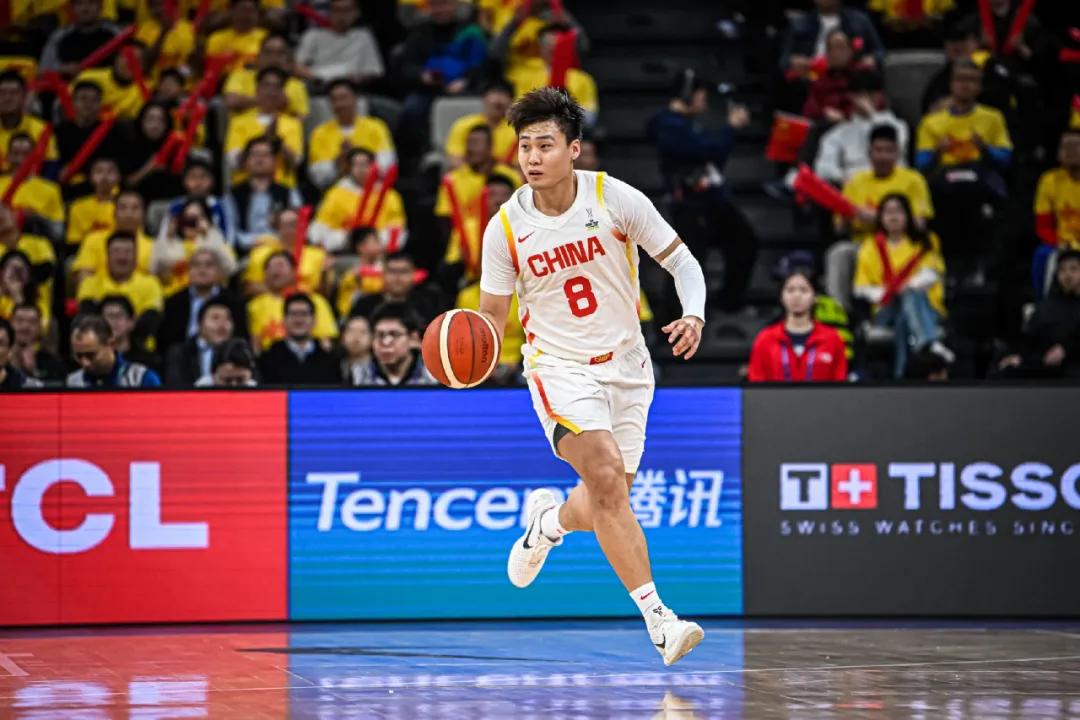
I also thought about how Zhao Rui and Zhou Qi ended up as teammates. In August 2023, Zhao Rui and Zhou Qi swapped teams, with Zhao Rui heading to Xinjiang. In 2024, Zhou Qi moved from Guangdong to Beijing, and a year later, Zhao Rui was also recruited by Beijing.
The current Beijing team roster is, without exaggeration, capable of contending for the championship even in the Asia Cup. Chen Yingjun, Zhao Rui, Raymond, and Zhou Qi are all national team level players, and with the addition of foreign player Spellman, their strength is already formidable. Of course, don’t forget that if Zeng Fanbo fails to stay in the NBA, there’s still a possibility he could return to Beijing.
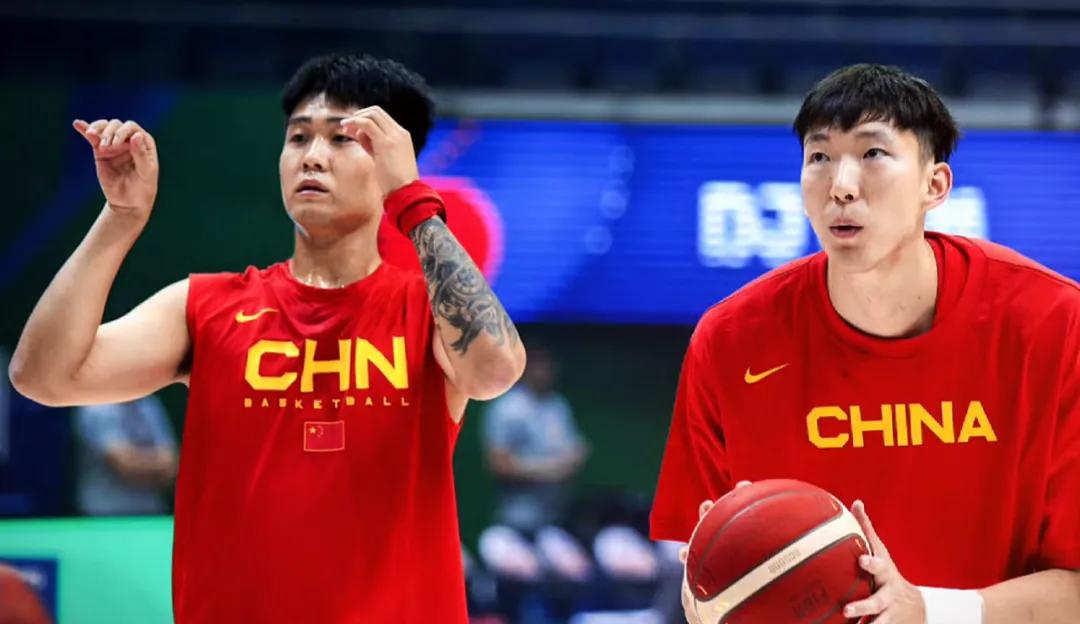
In this trade, wealthy Beijing successfully obtained Zhao Rui, who shone brightly this summer, while Xinjiang received a substantial financial return, benefiting both parties. Zhao Rui is also very happy to join Beijing.
If we talk about financial power, Shanghai Jiushi also has something to say. In recent years, the arms race between Beijing and Shanghai has been openly ongoing. Beijing acquired Zhao Rui, and Shanghai immediately bought Zhang Zhenlin from Liaoning.
Of course, this trade was premised on Zhang Zhenlin’s desire to leave. The statement officially released by Liaoning also reflected that Zhang Zhenlin himself wanted to depart. Liaoning only received two young players, Zhao Sen and Sun Fuheng, plus some cash. The truly valuable asset in this trade was probably the considerable sum of money.
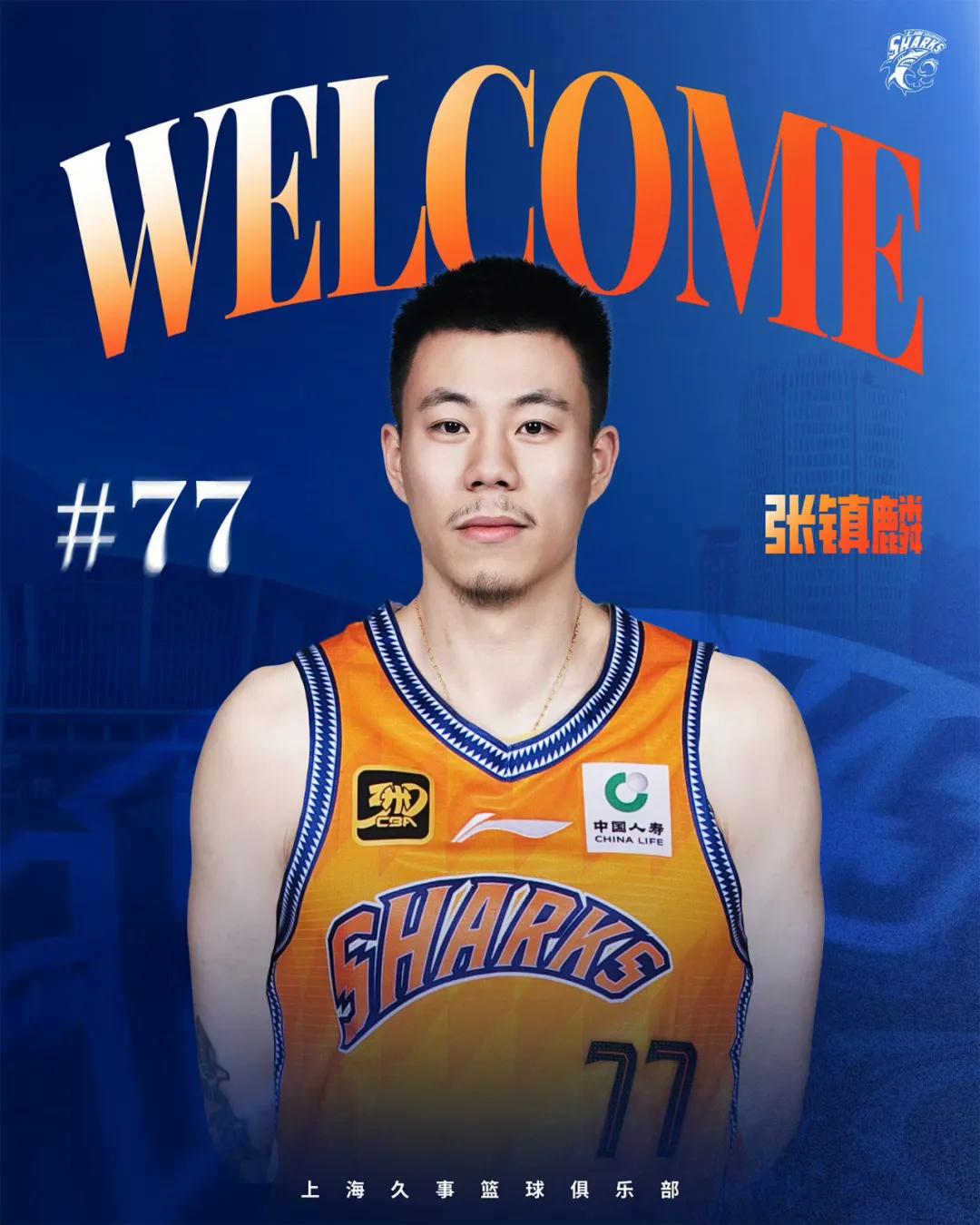
Liaoning can’t compete financially with Shanghai and Beijing. During last season’s playoffs, Yang Ming mentioned that Liaoning is a small market team located in a remote area without much financial backing. Losing Zhang Zhenlin was not Liaoning’s intention, but if it helps ease financial pressure, Liaoning had no choice but to let him go.
Guangzhou’s situation is similar to Liaoning’s; it’s no secret that Guangzhou lacks funds. Starting in 2024, Guangzhou began selling its key players: Li Yanzhe was sold to Xinjiang, Chen Yingjun to Beijing, and other main players like Guo Kai, Jia Mingru, and Zhu Mingzhen also left the team.
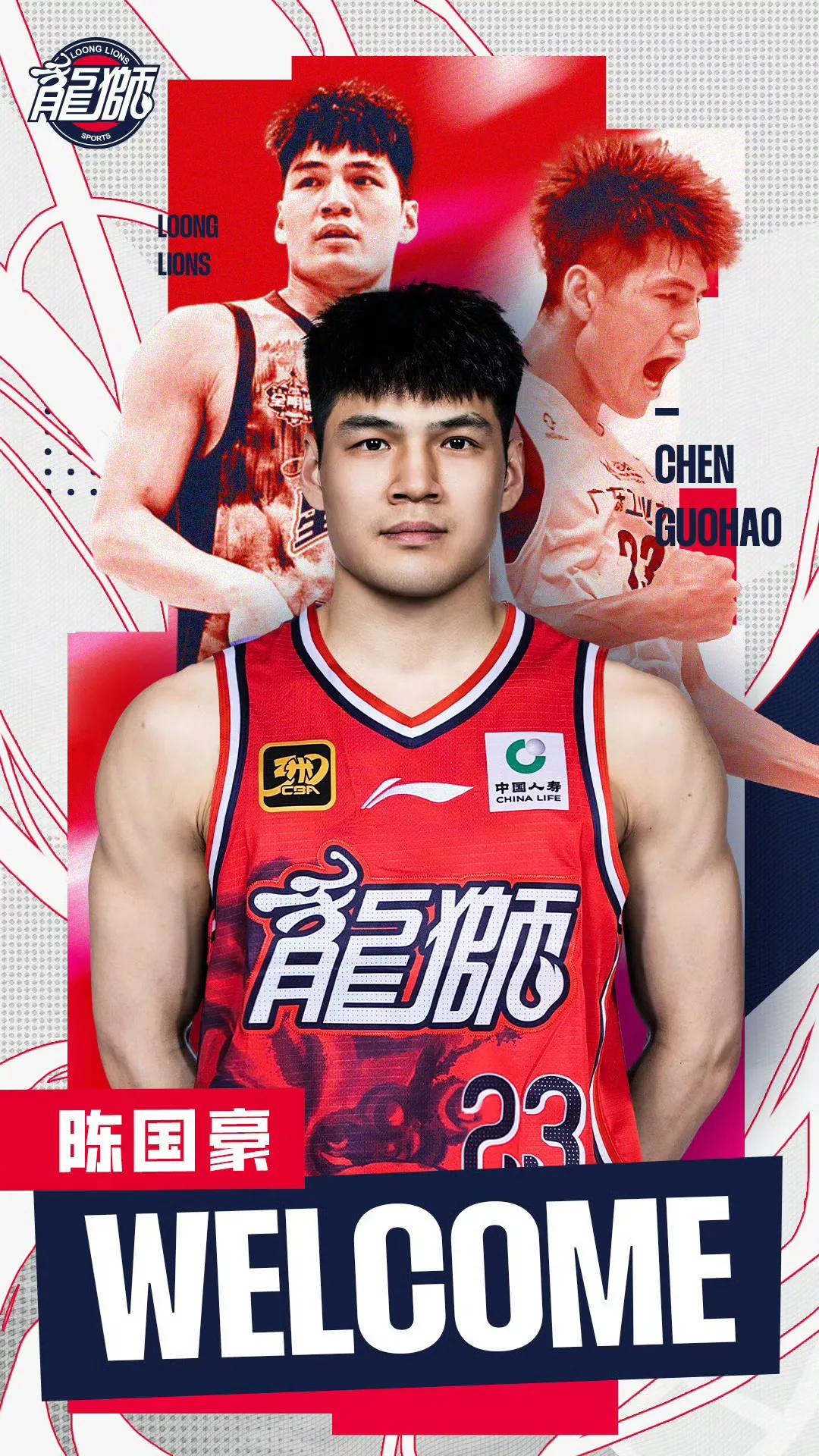
Guangzhou somewhat resembles Benfica or Ajax, developing young players, then selling them to start a new cycle of development. In the trade involving Cui Yongxi and Jiao Boqiao, Guangzhou received cash plus promising talents like Zhang Huafei, Chen Guohao, and Xu Xin.
Beikong took a more straightforward approach, exchanging Chen Guohao’s signing rights for a sizable cash sum. Since Chen Guohao joined Beikong, there had been ongoing issues with team chemistry, so letting him go in exchange for cash was a win-win for both sides.
Guangdong’s reinforcement is even more exciting. Cui Yongxi was once the strongest forward in men’s basketball and earned a two-way NBA contract last year, but unfortunately suffered a major ACL injury and was waived. He has been undergoing rehabilitation for months, and once fully recovered, his abilities are expected to remain largely intact.
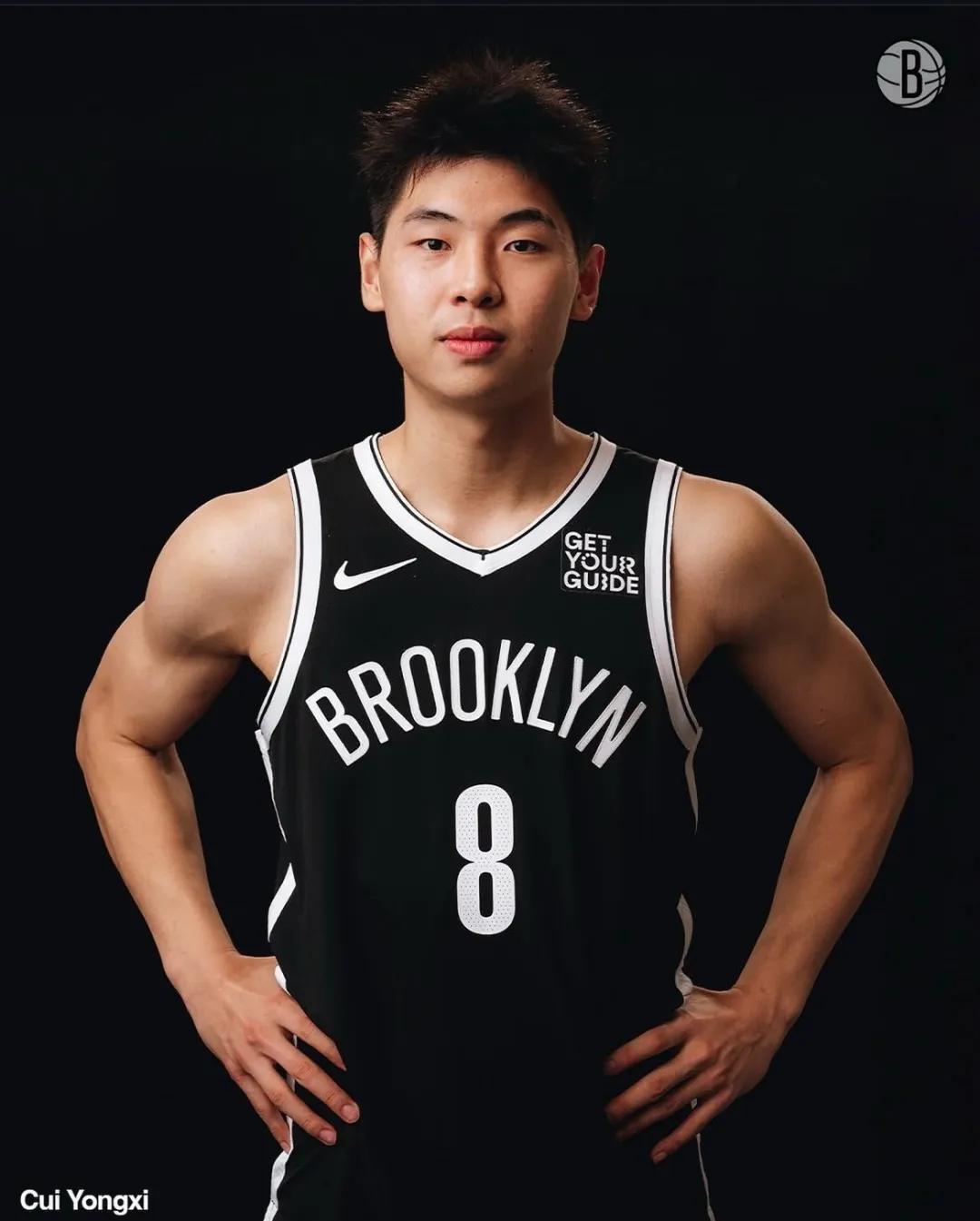
Jiao Boqiao is another emerging young interior player in recent years. His arrival can compensate for Xu Xin’s departure. However, both Cui Yongxi and Jiao Boqiao have suffered major injuries before, so there are some health risks involved.
We really should get used to the new storylines in the CBA. Last summer saw Guo Ailun and Zhou Qi change teams; this summer brought Zhao Rui, Zhang Zhenlin, and Cui Yongxi switching clubs. Multiple national team players now have the freedom to choose, and teams have more options and channels to operate, benefiting all parties.
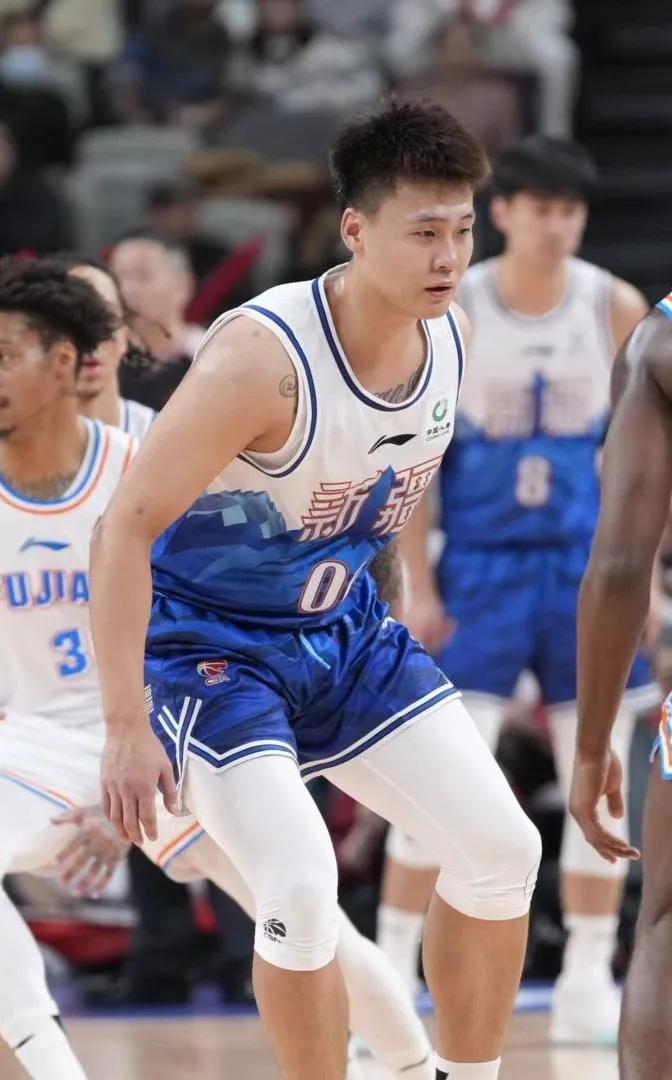
In the past, we always hoped for increased player mobility in the CBA. Now that the player market is no longer stagnant, it’s exactly the situation we wanted to see. Both players and teams have more freedom of choice, reflecting the maturity and progress of the CBA league.
The CBA’s trading environment is continuously improving, and in the future, we will definitely see more players moving to their desired teams. We hope to witness the beautiful story of one player, one city, but we also want our league to become more mature.
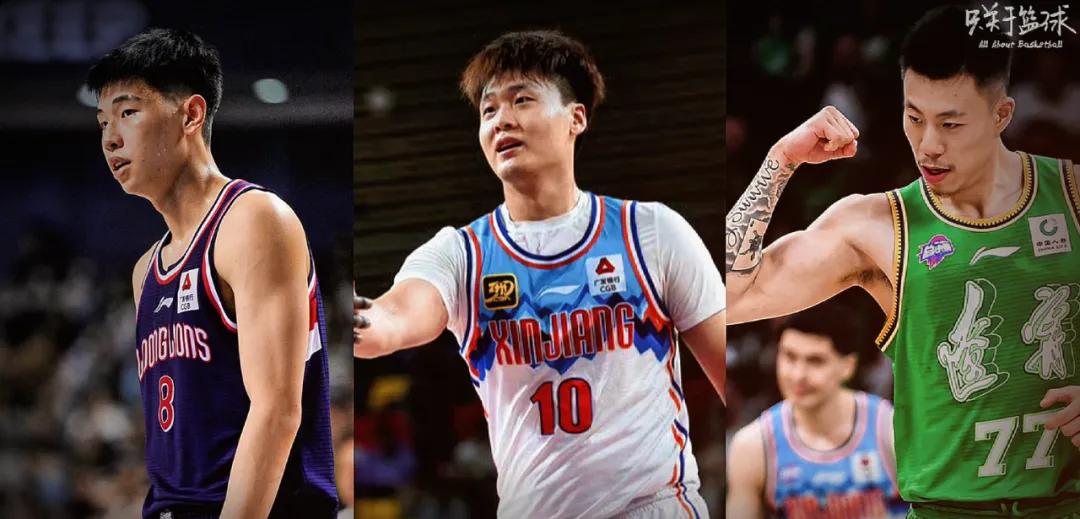
Change is an essential part of growth; it frees you from constraints and opens up more possibilities.


Wonderfulshortvideo
"He's not about just scoring and highlights."


Ray Allen’s clutch 3️⃣-ball 😮💨


Shaq core.


Dwight Howard accidentally blocks Carmelo Anthony in the


User VictoryVox has posted a video.








 Links
Links
 Contact
Contact
 App
App


